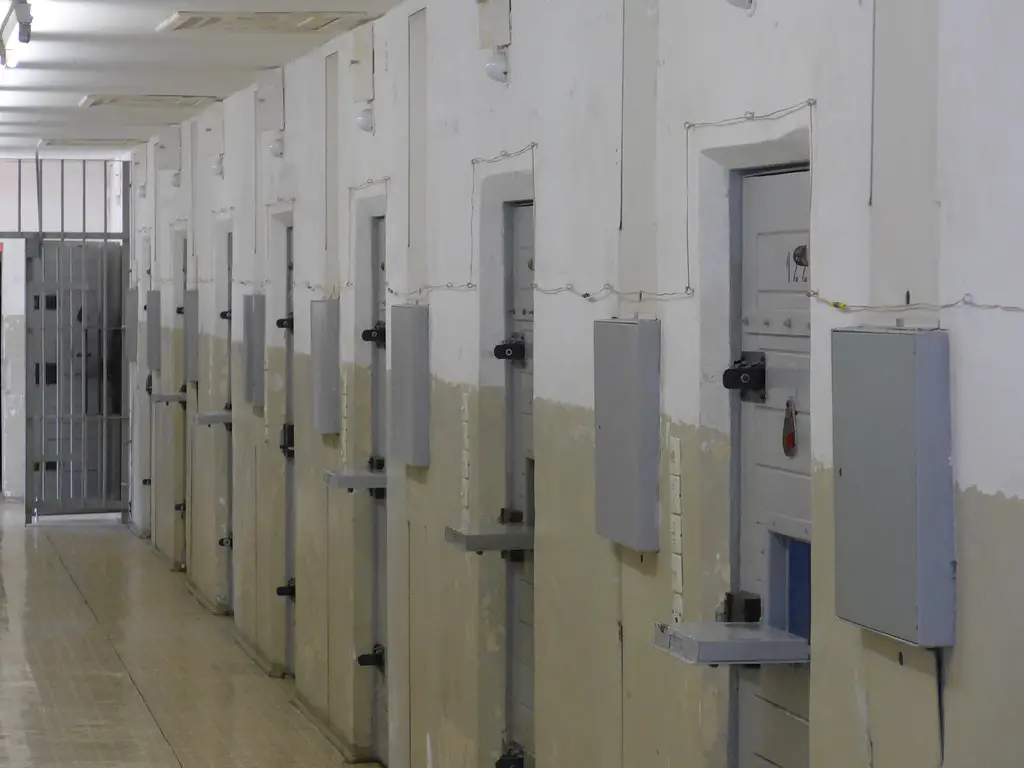A new and controversial execution method is set to be used for the first time in the United States this week, marking a significant moment in the country’s history of capital punishment.
Kenneth Eugene Smith, who has been on death row since January 1990, is scheduled to be executed using nitrogen hypoxia, a method that has never been used before in the U.S. The Supreme Court of Alabama, composed entirely of Republican members, approved Attorney General Steve Marshall’s request to proceed with Smith’s execution in a 6-2 vote, as reported by PEOPLE. Although the court did not specifically mandate the use of pure nitrogen, court filings indicate that Marshall plans to use nitrogen hypoxia, according to the Associated Press.
The use of nitrogen hypoxia for executions has been approved by legislatures in Alabama, Oklahoma, and Mississippi, but no state has yet carried out an execution using this method. This process involves replacing the oxygen in a person’s lungs with nitrogen. Proponents claim it is pain-free, but these claims remain untested and theoretical due to the lack of real-world applications.
During a December court hearing, the state attorney general’s office stated that nitrogen hypoxia would induce unconsciousness within seconds and death within minutes. However, experts in veterinary science from the US and Europe have raised concerns about its suitability for most small mammals, excluding pigs.
The decision to set Smith’s execution date for January 25 has sparked controversy. The UN High Commissioner for Human Rights in Geneva has classified “suffocation by nitrogen gas” as a form of torture, according to The Gazette.
Smith’s legal team has vehemently opposed the decision, fearing that their client could become a “test subject” for this unproven method. In an appeal to the 11th US Circuit Court of Appeals on January 19, they argued against both the method and the unprecedented nature of the execution.
Professor David Morton, an emeritus of biomedical science and ethics at the University of Birmingham in the UK, expressed concerns about the method, saying to The Guardian, “It is effective, but it can cause severe distress before unconsciousness and death ensue. In effect, it is a suffocation method.”
Despite an initial jury recommendation of life in prison without parole, Smith was sentenced to death. Alabama’s protocol for nitrogen hypoxia involves strapping the inmate to a gurney with a mask that funnels nitrogen gas until death is confirmed.
Smith’s attorneys, Robert Grass and Andrew Johnson, have been fighting the decision, stating, “We are disappointed in this decision and will continue to pursue the enforcement of Mr. Smith’s rights through the judicial process.” They highlighted that two justices dissented from the order and remain hopeful for a review of the case.
The Death Penalty Information Center (DPIC) and The Equal Justice Initiative have also criticized Alabama’s decision, citing the state’s history of botched executions and the untested nature of nitrogen hypoxia.
Smith’s path to execution has been complex, with a previous attempt at lethal injection being abandoned due to difficulties. Alabama officials have assured the court that lethal injection will not be attempted again for Smith.
Nitrogen hypoxia was first authorized in Alabama in 2018 amid a shortage of lethal injection drugs. The state’s corrections director at the time, Joe Allbaugh, cited the increasing difficulty in obtaining the necessary drugs as a reason for introducing the method.





